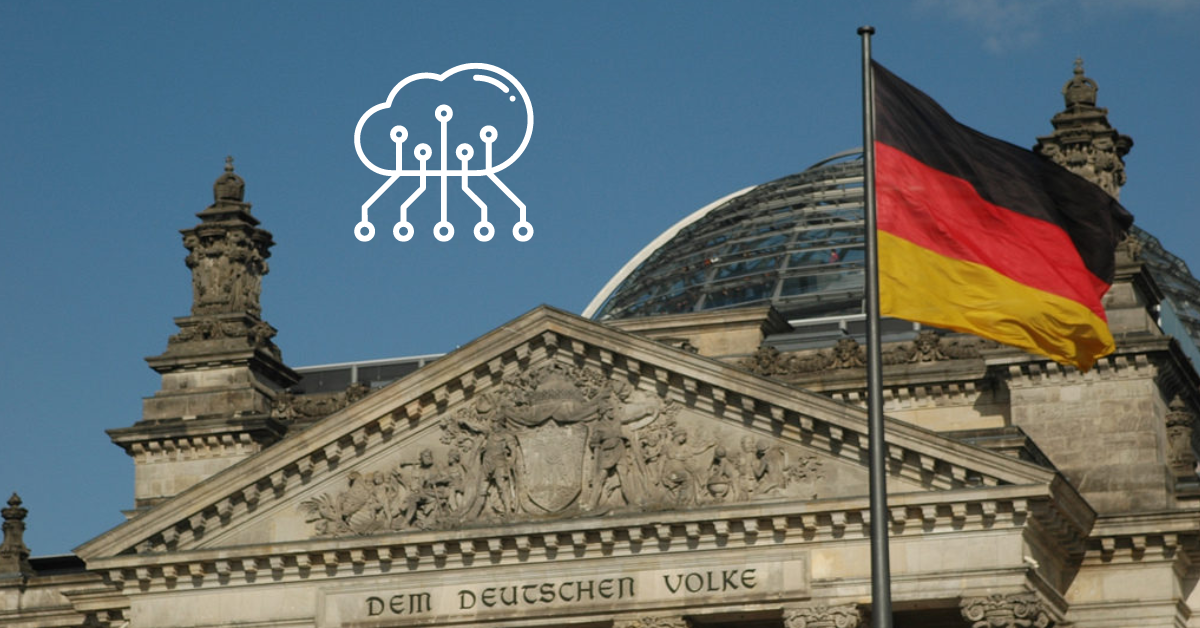Germany took a significant step in harnessing the power of data on Wednesday, 30th August. The federal cabinet officially adopted the new National Data Strategy, building upon the existing Data Strategy 2021. Designed to bolster digital innovation and competitiveness, this move marks a crucial milestone for Germany’s digital landscape.
Unlocking potential of generated data
Digital Minister Volker Wissing (FDP) highlighted the significance of the newly adopted strategy while presenting the cabinet’s decision.
Data is the raw material of digitalisation, and we are sitting on a huge wealth of data.
Volker Wissing
Consequently, the revamped strategy aims to fully utilise this ‚wealth‘ to improve various sectors like business, civil society, science, and public administration.
Building on previous frameworks
This development doesn’t exist in isolation. Precisely one year ago, the Federal Cabinet put forth the Digital Strategy 2022. This earlier framework laid the groundwork for Germany’s digital policy for the current legislative period, which runs until 2025. „The new data strategy is an important step in this direction and delivers a spearhead project for the digital strategy,“ Wissing added.
Towards effective data usage
According to the Ministry of Economy, a staggering 80% of industrially generated data goes unused. By taking strides to change this underutilisation, the 2023 data strategy aims to unlock the vast potential of this dormant data. „So far, data has far too often remained unused and thus lacked digital innovation. This applies to industrial as well as public data. We want and need to change that,“ emphasised Wissing.
New guiding principles for the future
Not merely an extension of the existing strategy, the new National Data Strategy brings something fresh to the table. It aims to supplement the older framework by improving data provision, quality, and usage. Additionally, it introduces new guiding principles that will influence Germany’s data policies going forward.
—
In summary, Germany’s new National Data Strategy seeks to facilitate more efficient and innovative data use. Through collaboration between the Digital, Economic, and Interior Ministries, the strategy was fine-tuned and finally adopted at a closed government meeting in Meseberg. The strategy is not just a progression, but a much-needed catalyst to propel Germany into a future where data becomes a key asset rather than an unused resource.
If you are looking to capture the expanding data market, you need the right team to help you build quality products. This is something we can help with. Speak to a PL Talents recruitment expert today.

